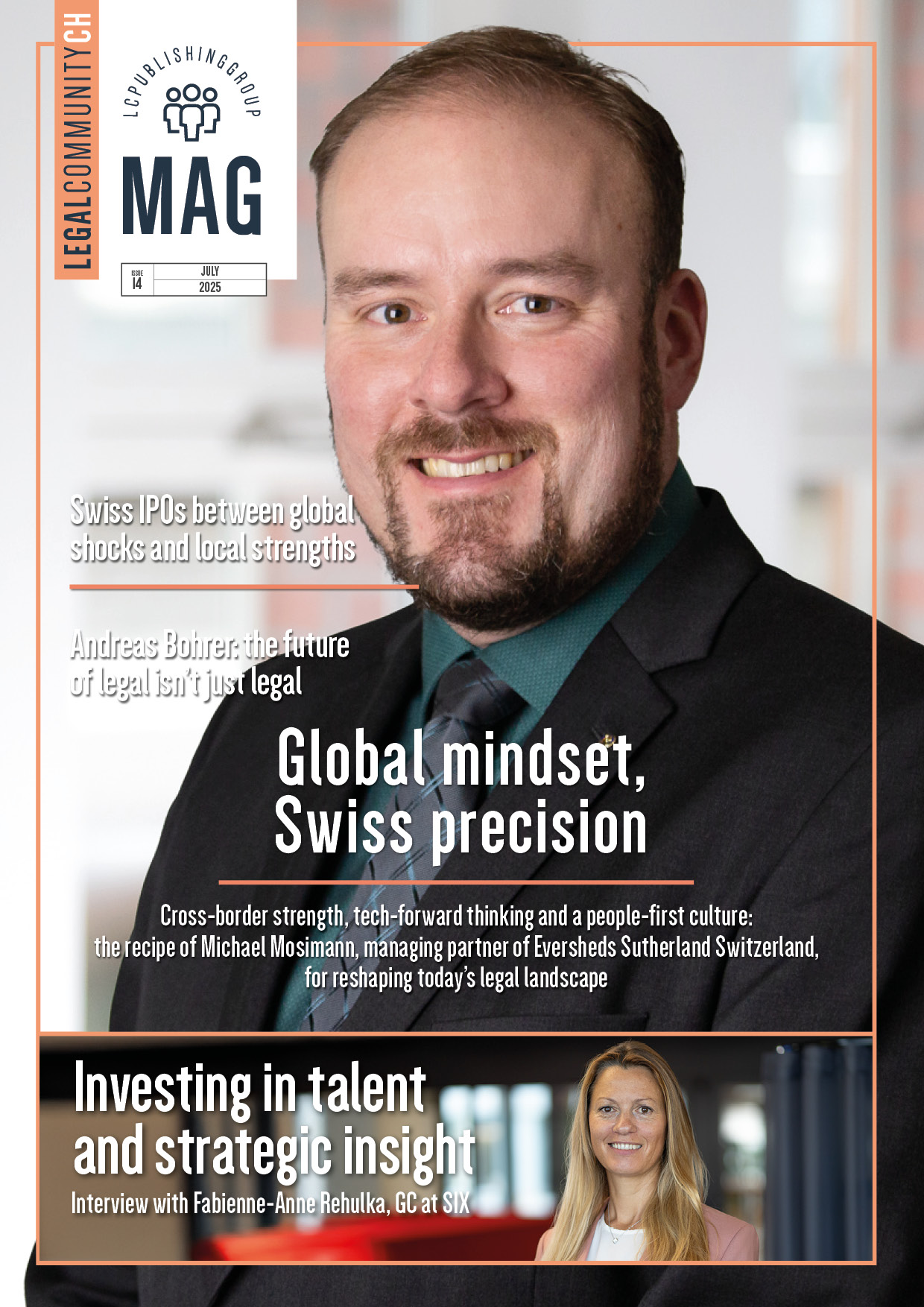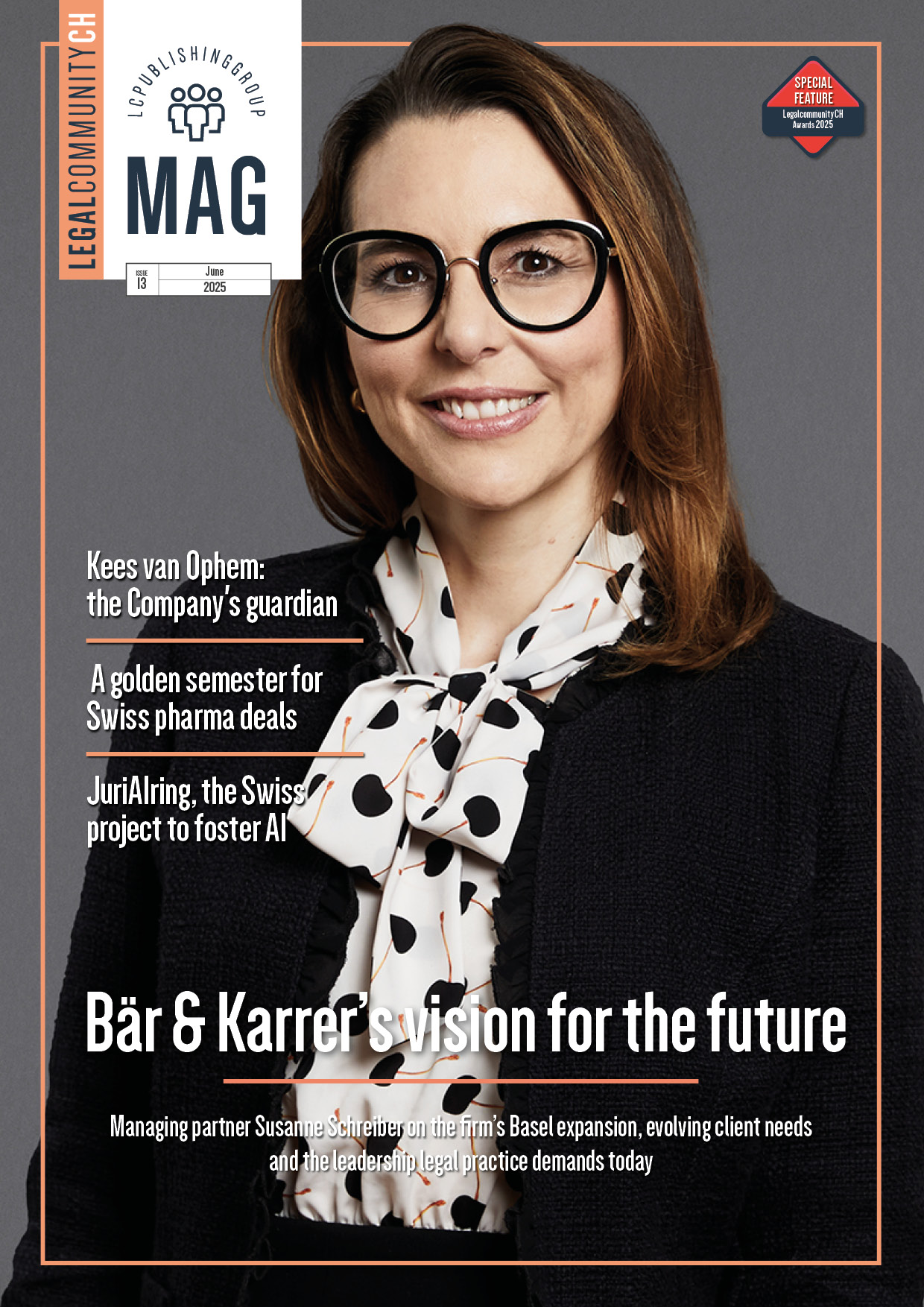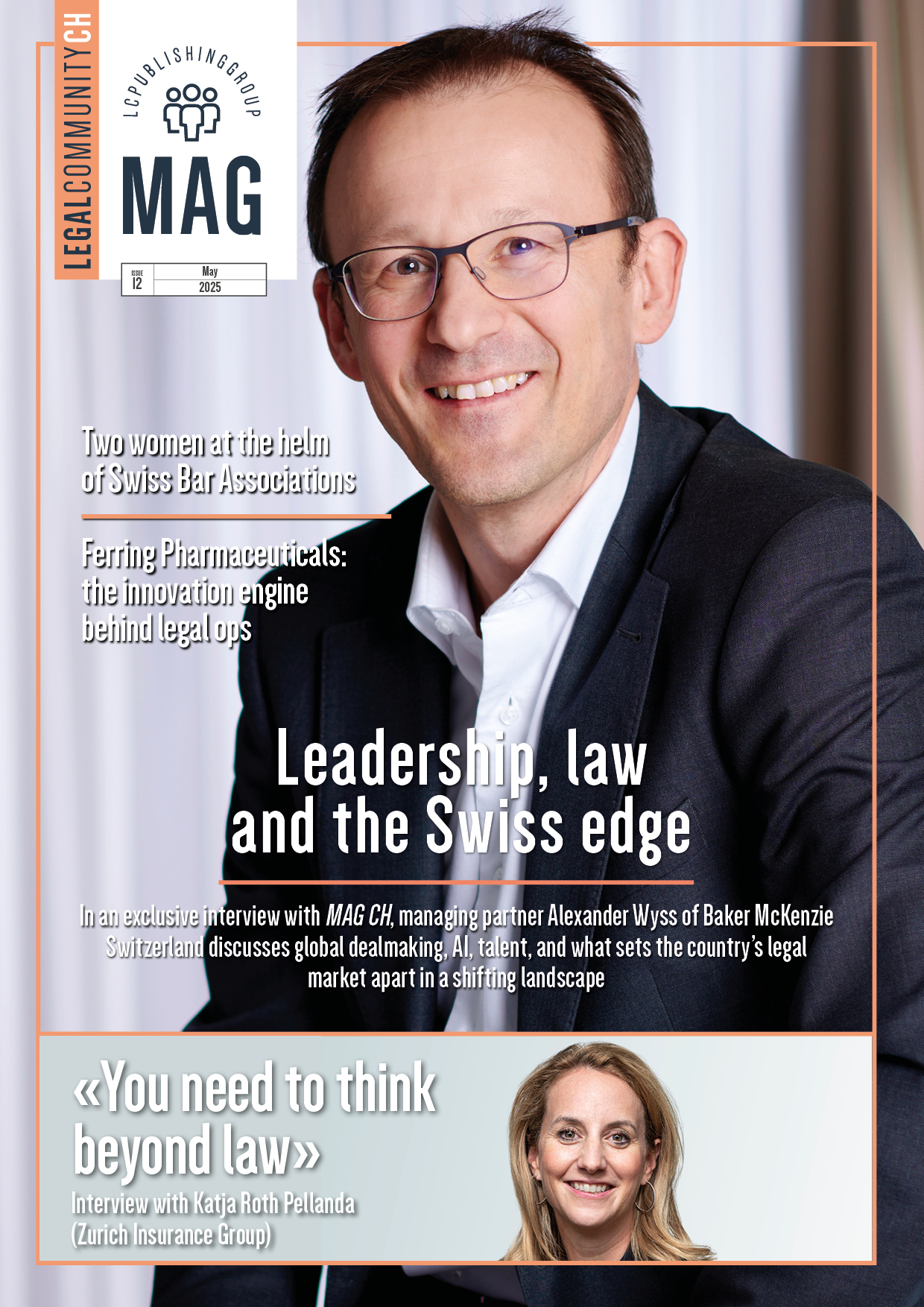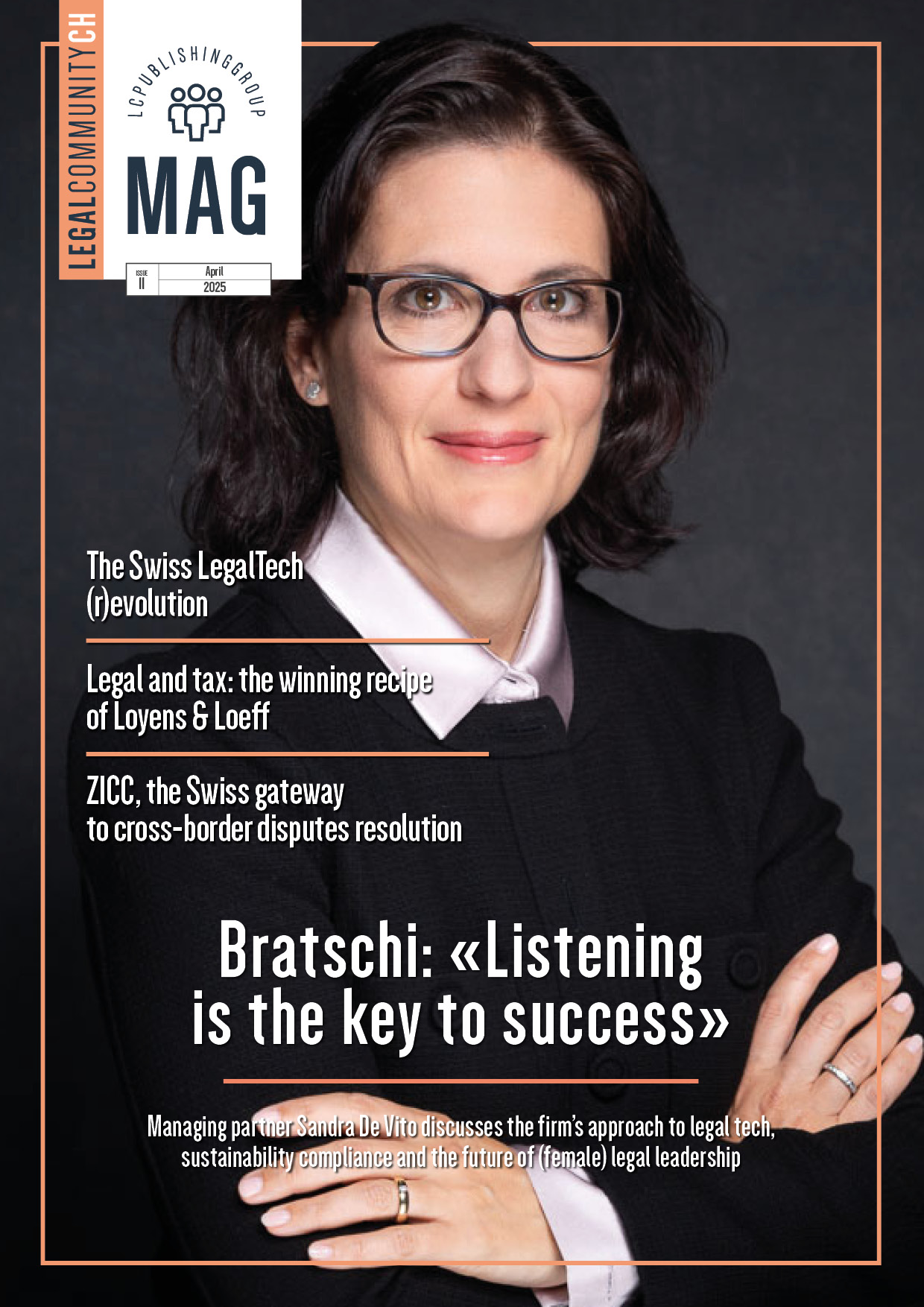Acer: how to measure the value of the legal department
(Translation: Ilaria Iaquinta, article «Acer: così si misura il valore dell’ufficio legale» published on MAG 101)
How to measure the added value of the legal department within the company is a headache for many CEOs and for general counsels too. It is now widely recognized, even by the most skeptical, that having an in-house lawyer brings numerous advantages in the complex regulatory environment in which companies operate today. But not everyone has found an easy way to calculate the benefits.
Guido Wennemer, the EMEA general counsel at Acer Europe, could do it through a survey (in June 2017) on the legal department to gauge employees’ opinion on its performances. Then, he brought the results to the CEO’s attention and used the feedbacks to collect suggestions for improvement.
«Our European legal department is based in the EMEA headquarter in Lugano, Switzerland. From there we handle issues concerning all the countries in Europe, Middle East and Africa. We were not sure how the work of the legal department was perceived in the different countries. Mostly, we wanted to understand our people value and also what we could do better – explains Wennemer to MAG – in the end, the legal department of a company must serve and help the business. This is why we developed this survey».
In order to discuss about this survey and to further investigate on how the EMEA legal department works, our newsroom met Wennemer. Here is what he told us.
Mr Wennemer, in the survey what did you ask to the employees?
The survey had nine questions relating to accessibility, relevance, turnaround time, clarity, expertise and quality of work product, teamwork, business acumen, trust and overall satisfaction. We asked to rate out job in a scale of one to five, being the one the worst and five the best.
What sensations and feelings did you gather from people through these questions?
We got a lot of feedback, since everybody in the group working with us had the chance to give his/her opinion on the legal department. People really appreciated simply the fact that we asked them. We sent the survey to several hundred people all across Europe and all the different countries and we obtained very useful information.
Was it useful for you, then?
Yes. We obtained a very good understanding of how our work was perceived, where we could improve, and it was very helpful to better understand how to better serve the business.
Was it also functional to show to the CEO and the company’s management team what is the added value of the legal department?
Yes. We showed the result of the survey to our EMEA president and he was able to see how much our support was needed and appreciated across countries and he had the chance to see how we are helping and serving the company.
Which are the departments of the company you work with and for?
All of them. Marketing, finance, HR, logistics, service, general and business departments, etc. They all have legal issues that come up and ask us to support them.
What are the main legal areas that you cover?
We have got some core areas such as distribution agreements, service, marketing or sales contracts. But we also handle extraordinary items, such as m&a projects. What I can say about this job, is that every day is different. We follow a great range of things, over the different countries.
And how do you do this?
Basically, one important aspect is to cover the areas driven by the language and the culture criteria. For example, a Russian speaking colleague takes over for Russia as well as Eastern Europe. The Italian colleague does Italy and Spain. The English speaking colleague covers UK and the Nordics. While the German speaking follows central Europe. And so on.
You don’t use just English…
Of course, everybody speaks English. But first of all, people are always very careful about what they say to lawyers. And if you speak in English and this is a foreign language for the colleagues, they will tend to give even less information. Secondly, it is much easier to build up confidence with people if you speak in their local language. They will be more opened to you and you will obtain much information and in a quicker way.
Do you take advantages from new technologies too? In recent years, many legal departments are exploiting them to address simple needs…
We use an e-billing system, which helps us to save lots of time. We ask law firms to provide all the invoices through a certain software, which automatically controls if the hourly rate or the fee agreed is correct or not, what is the working hours of partners or associate, and so on.
We have also adopted an electronic contract management tool, based on learning machine techniques, which helps us providing standard contracts.
As regards law firms, when do you use them?
Ideally just for very specialized matters or when we have capacity issues.
Companies are setting up panels with a reduced list of preferred law firms. What is your opinion on this? Are you doing the same?
We do have a panel. Some five-six years ago we used to have over 90 preferred law firms, but we have cut them to 30/35 now. Considering that today companies work even more with law firms, and on different areas, it is important to find the right people and easily communicate with them. And it is easier to work with a reduced number of people and give them more work at the same time.
You have been in charge of the EMEA legal department for the last four years. Is there anything you worked on that makes you particularly proud of?
We implemented an original system, which documents that and how directors are in compliance with their legal responsibilities. Acer has many legal entities across Europe and in each office, it has a director, who is legally responsible for the company. We wanted to be sure that directors had a wide understanding of their legal liabilities considering that nowadays we have much more regulations and compliance has become so important.
What did you do exactly?
We identified 25 different area of expertise such as antitrust, data protection, tax, human resources, health and safety, etc. and asked to the directors to make sure that in each country there is at least one expert taking care of it (it may be the director himself/herself or somebody else) and that this is documented. They have the obligation to make sure that all this different fields and areas of responsibilities are being taken care.
How do you check if everything is under control?
On a yearly basis period, we ask people to provide reports to help directors to stay up to date with their legal needs and if they comply with their responsibilities and to check if everything is in order or if our support is needed. Through them, for example, we can see if the insurance must be updated, if an antitrust training must be carried on, etc.
And what do directors think about this system?
They highly appreciate it – now. At the beginning, it was difficult for us to implement it. We had to explain them that what we were proposing was not a test to control them and we didn’t want to challenge them, but to support them. Once this message passed, the whole project became much easier to handle.
What are in your opinion the major challenges for a lawyer working in a company operating in the technology sector, such as Acer?
The big challenge is keeping up with new technologies and their new regulations. To understand what they can do and have in mind what are their legal regulations.
















